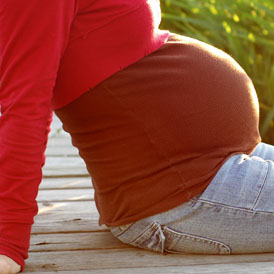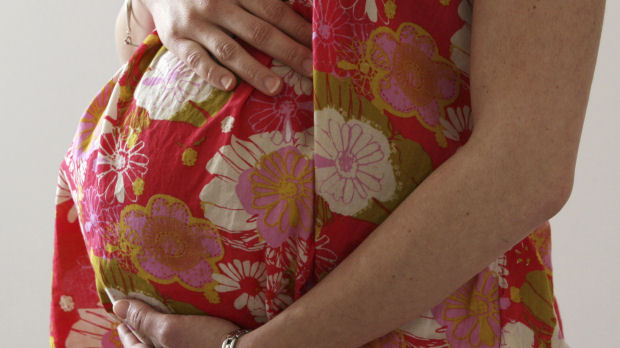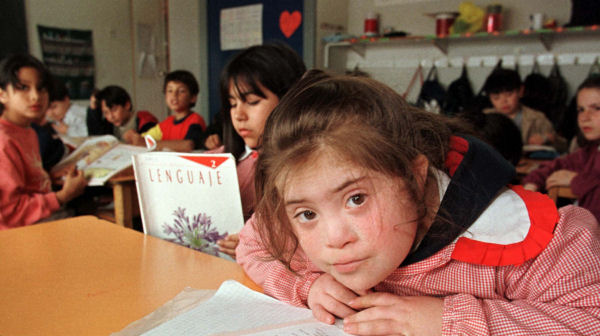Stillbirth rates in UK described as ‘national scandal’
Stillbirth rates in the UK are higher than almost every other developed country. The UK’s record, which is on a par with Belarus and Estonia, is being described as a “national scandal”.

The equivalent of 11 babies a day are stillborn in the UK according to The Lancet medical journal.
The figure has remained largely unchanged in the last 10 years in contrast with other high-income countries, such as Norway and Australia, which have seen significant reductions in stillbirth rates.
The UK’s stillbirth rate of 3.5 per 1,000 births ranks it 32 places below the best performer, Finland.
Of all the high-income countries, only Austria, France and New Zealand had higher stillbirth rates.
The UK’s record puts it on a par with Belarus and Estonia.
Neal Long, chief executive of Sands, the stillbirth and neonatal death charity, said: “Eleven babies dying every day is a national scandal which has persisted for far too long in this country.
“This seemingly endless death toll of thousands of babies every year has the most terrible long-term impact on parents and their families.
“We now have no excuse in the UK for our persistently high stillbirth levels and we must act immediately. Many mums in the UK have increasingly complex pregnancies.
“This coupled with already stretched maternity services, entering an era of budget cuts, could spell disaster for many more babies and their families.”
What causes stillbirths?
Common causes of stillbirth include congenital malformations, maternal medical problems, birth complications and infections, according to the research published in The Lancet medical journal.
Risk factors for women giving birth to a dead baby include being over 35 years of age, carrying excess weight, smoking, alcohol or drug abuse, teenage pregnancy and multiple pregnancies, belonging to an ethnic minority group, and social deprivation.
Now that we have reliable data on stillbirths and consensus on how to prevent them, we must act. Dr Joy Lawn
For the international comparisons researchers used the World Health Organisation definition of stillbirth, a baby born dead after 28 weeks of pregnancy.
This differs from definitions adopted in certain countries, such as 20 weeks in the US and Australia and 24 weeks in the UK.
Applying the WHO’s definition, there were 2,630 stillbirths in the UK in 2009. According to the UK, 24 week definition, there were 4,100.
Stillbirths in the developing world
The research was conducted by 69 international authors who spent two years analysing birth data from around the world.
Half of all stillbirths were said to occur in five countries – India, Pakistan, Nigeria, China and Bangladesh.
Around 8,000 stillbirths in 42 high-income countries were associated with women being overweight, said the study.
Dr Joy Lawn, director of global evidence and policy for Save the Children’s Saving Newborn Lives programme, said: “Giving birth to a stillborn baby is a tragedy that affects thousands of women every day all over the world, especially in poor countries.
“Yet it’s an issue that remains invisible and uncounted in society and on the global public health agenda.
“Now that we have reliable data on stillbirths and consensus on how to prevent them, we must act.”
More on reproductive health
-

Painkillers in pregnancy risk
08 November 2010
-

Implanon contraception failures cost NHS £200,000
04 January 2011
-

Down’s tests are great risk for all babies
16 September 2008
-
Latest news
-
Taylor Swift’s new break-up album breaks records3m

-
NHS trust fined £200K for failings that led to death of two mental health patients3m

-
Sunak vows to end UK ‘sick note culture’ with benefit reform3m

-
‘Loose talk about using nuclear weapons is irresponsible and unacceptable’, says head of UN’s nuclear watchdog3m

-
‘There wasn’t an Israeli attack on Iran,’ says former adviser to Iran’s nuclear negotiations team7m

-







